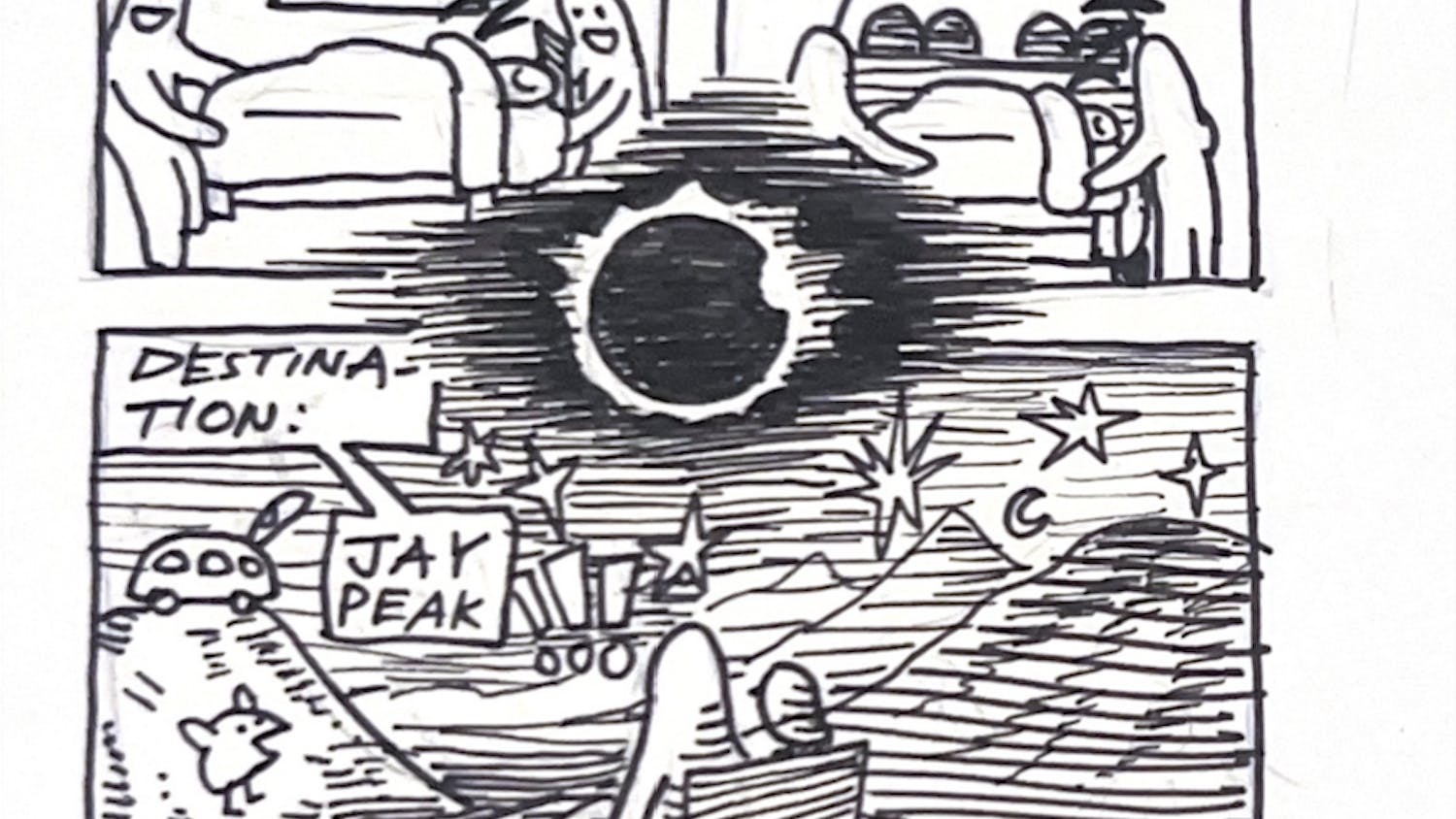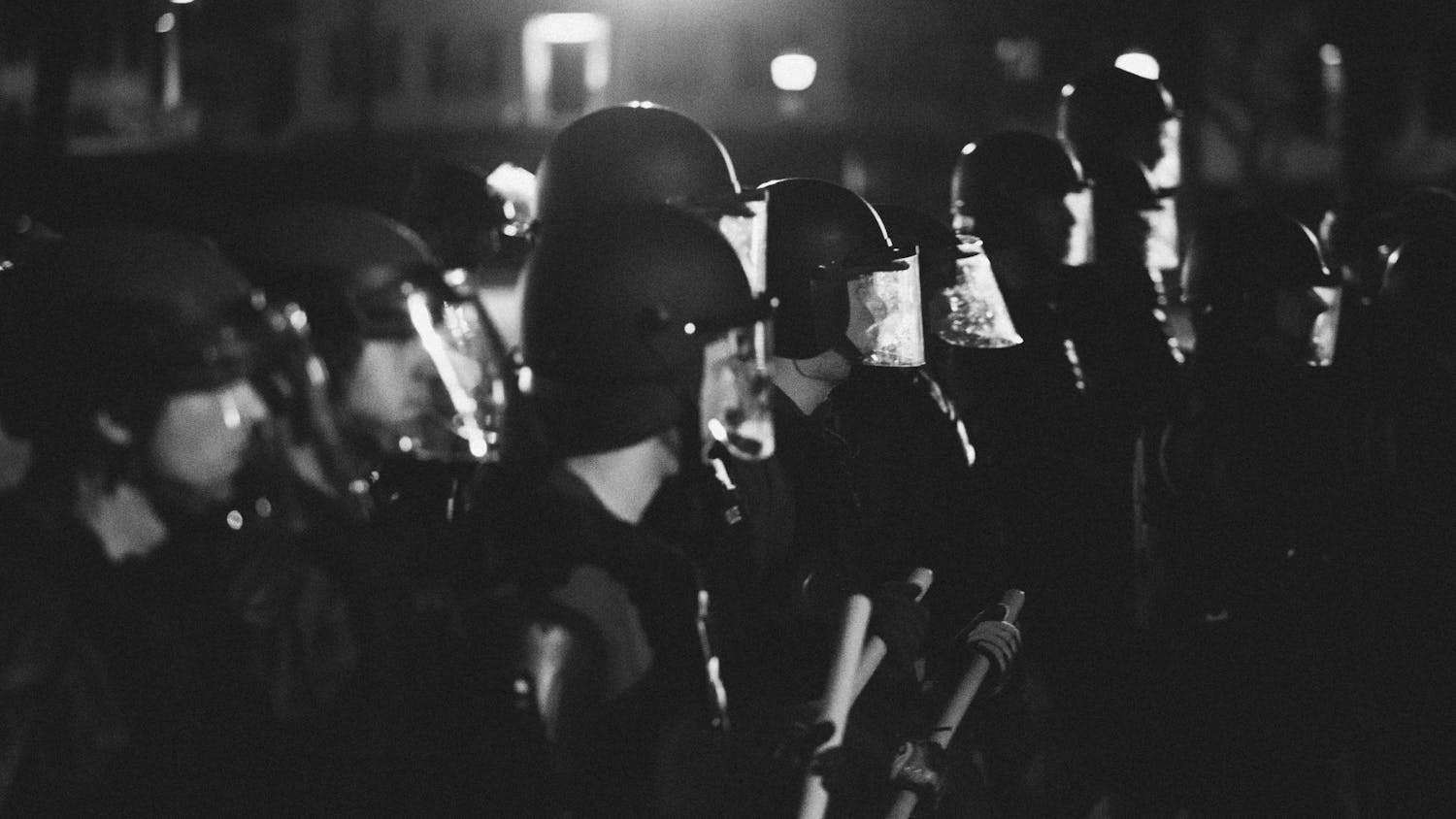The past few weeks have been an exciting time for international relations. The United Nations' resolution to dispose of Syria's chemical weapons has been accepted by Bashar al-Assad, peace talks have begun between the Israeli and Palestinian governments and, for the first time in decades, Iran and the United States are at the same table.
Several months ago, all of these events would have seemed unrealistic. Experts and amateurs would have explained all of the various reasons why peace talks could never come or how, if Iran and the United States began to talk, it would not be this soon. A few short weeks ago, many were convinced that al-Assad would never admit to using chemical weapons nor allow his alleged stockpile to be destroyed. Many wanted to continue essentially ignoring the Syrian conflict, while others wanted to launch military efforts against the regime.
The diplomatic route, evidenced by these talks and others, is ultimately the most effective and least painful course of action. Military action is more often than not unwarranted, unproductive, ineffective and immoral. A decade later, American troops are still Afghanistan. Whether action was warranted initially, it is clear that the continued military presence in these countries has hurt both countries. Afghanistan's government and society are neither safe nor stable, despite years and years of "democracy-building." The country continues to suffer from suicide attacks and explosions to this day. Forty years ago, Secretary of State Henry Kissinger and President Richard Nixon's realpolitik led to horrific war crimes including genocide in Bangladesh, among a host of other examples. There is no justification for any of this violence, yet history has somehow validated it through a sense of fatalistic militarism.
Recently, the American government was close to engaging in military actions against al-Assad for his heinous use of chemical weapons against Syrians. War seemed inevitable, as Russia used its position on the U.N. Security Council to block any attempt to resolve the issue through diplomatic means. However, instead of accepting this obstinacy as fact and proceeding with a military strike, international powers continued to use peaceful and strategic efforts to pragmatically respond to al-Assad's chemical weapons attack. Their efforts resulted in a unanimous resolution that will ensure Syria's chemical weapons are destroyed by the middle of next year.
But, pacifistic diplomacy is not always the answer, as evidenced by both World Wars. Sometimes, deranged leaders cannot be stopped by politics alone; sometimes, you need to strike fast and strike hard. Wars are never unavoidable, but they are sometimes justifiable. However, necessary military action should strike at those responsible or those knowingly (and whenever possible, voluntarily) engaged in armed conflict. There is a difference between the strategy of the Normandy landings and the senseless firebombing of Dresden. Furthermore, military action should be out of desperation, when all peaceful and diplomatic avenues have been exhausted.
The lines between cynicism, naivete and realism are not easy to draw. They shift with each situation and context, and what seems cynical in one may seem realistic in another. However, it is important to fight against the cynicism that is endemic to modern politics. Innocent people cannot be allowed to die in the name of needless military operations; even when diplomacy seems as naive and unrealistic, as cynics often claim, it has to be explored before national leaders order military action. If the public assumes that diplomatic means cannot possibly work, that assumption will become a self-fulfilling prophecy. Citizens should never cease to hope in the face of impossible odds, and they should only support aggressive military action when it is absolutely clear that nothing else can be done.
There is a time and place for both diplomatic and military action, but the government should endeavor to engage in the former instead of the latter whenever possible. Deliberate diplomacy is not as exciting as war somehow often appears to be, but it has to be the first response in the face of crises. International actors need to put aside untenable ideology and compromise in order to avoid unnecessary violence. Actions may speak louder than words, but words will do a better job and save lives in the process.



